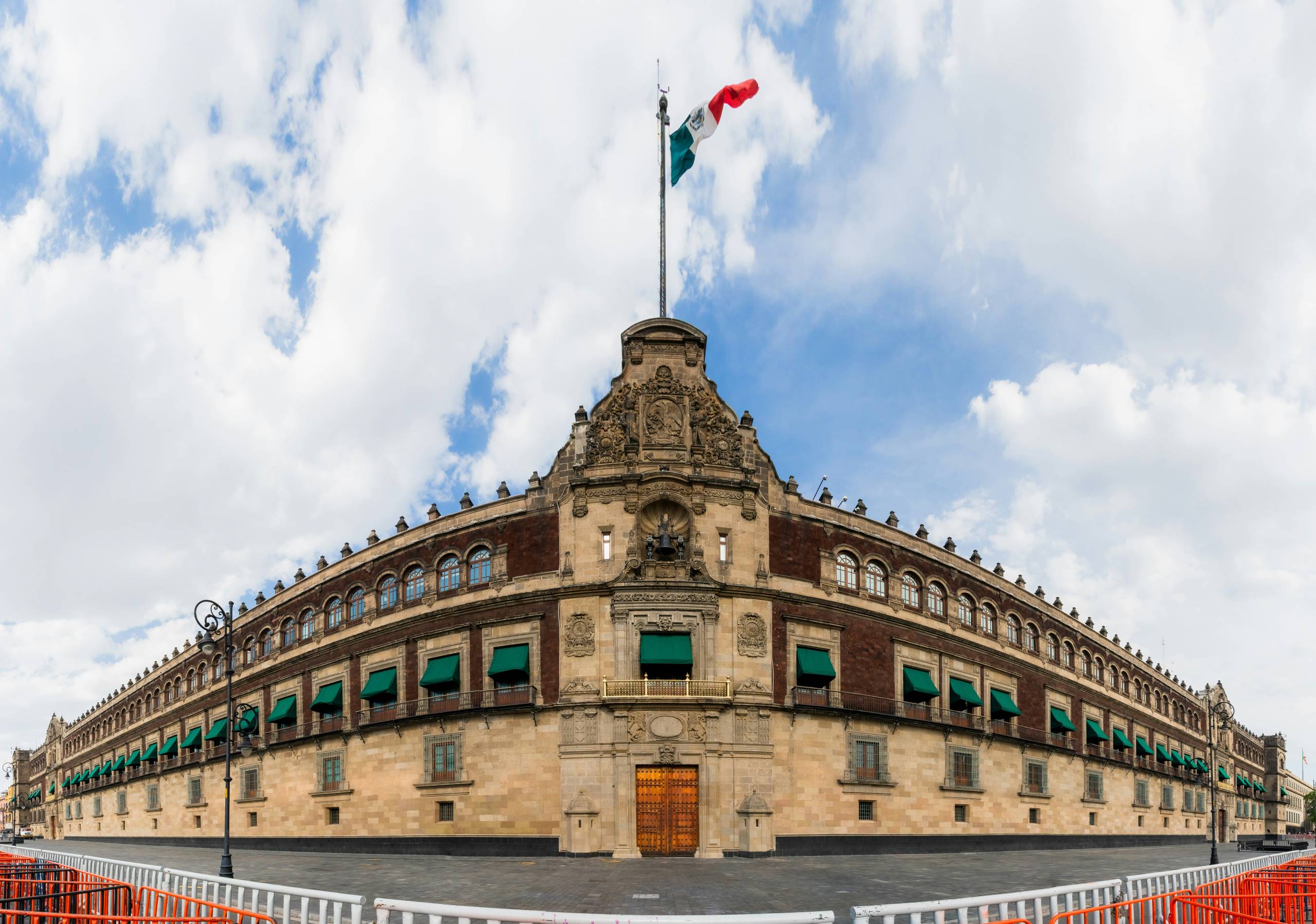
This article is included in these additional categories:
In a historic milestone for Mexico, Claudia Sheinbaum, the 61-year-old former Mexico City mayor, has become the country’s first female president. Capturing the presidency with promises of progress and continuity in a campaign capitalizing upon her predecessor’s popularity, Sheinbaum’s victory reflects a transformative step for Mexico, particularly in the realm of climate policy and renewable energy.
Claudia Sheinbaum’s Historic Victory and Climate Agenda
Mexico, with a population exceeding 126 million, stands as the second-largest economy in Latin America. In 2018, the nation ranked as the world’s 11th largest emitter of greenhouse gases, highlighting the critical need for robust climate action. As a candidate, Sheinbaum outlined an ambitious energy agenda aimed at addressing these environmental challenges head-on.
Her plans include a substantial $13 billion investment in new energy generation projects, focusing on expanding wind and solar power, as well as a focus on lithium extraction in Sonora, a northern Mexican state. Additionally, she intends to modernize five hydroelectric plants, a move that signifies a pivotal shift from the policies of the outgoing President Andrés Manuel López Obrador. Since taking office in 2018, López Obrador has prioritized bolstering the state oil company Pemex over developing renewable energy resources. Sheinbaum’s outlined renewable energy initiatives are expected to accelerate Mexico’s transition to clean energy and reduce its carbon footprint.
Mexico’s Renewable Energy Transformation Under New Leadership
Emerging victorious in Sunday’s vote, according to an official quick count, she now faces the challenge of distinguishing her administration. Known for her data-driven approach and less combative style, Sheinbaum’s leadership will likely bring a new dynamic to Mexican politics. As a climate scientist, with a Ph.D. in energy engineering, Sheinbaum’s background uniquely positions her to tackle the country’s environmental issues. Her focus on renewable energy will be a continuation of her efforts as mayor, where she supported public transportation infrastructure, rooftop solar installations, and cycling initiatives.
Sheinbaum’s administration will also have to address Mexico’s persistently high levels of violence. During her campaign, she committed to expanding the National Guard and continuing strategies aimed at mitigating social issues that contribute to cartel recruitment.
Sheinbaum’s victory was decisive, with the National Electoral Institute reporting she secured between 58.3% and 60.7% of the vote. Her Morena party is projected to maintain its majorities in both chambers of Congress, providing a stable platform for her administration to implement its policies.
As Mexico’s first female president, Claudia Sheinbaum stands at the forefront of a new era, promising a future where environmental sustainability and scientific expertise drive national progress. Her leadership is poised to not only reshape Mexico’s energy landscape but also serve as an inspiring example of the critical intersection between governance and climate action. At a time when other nations face critical leadership choices, Sheinbaum’s historic win underscores the potential impact of fresh perspectives on the global stage.
- SEO Powered Content & PR Distribution. Get Amplified Today.
- PlatoData.Network Vertical Generative Ai. Empower Yourself. Access Here.
- PlatoAiStream. Web3 Intelligence. Knowledge Amplified. Access Here.
- PlatoESG. Carbon, CleanTech, Energy, Environment, Solar, Waste Management. Access Here.
- PlatoHealth. Biotech and Clinical Trials Intelligence. Access Here.
- Source: https://www.environmentenergyleader.com/2024/06/claudia-sheinbaum-mexicos-first-female-president-ushers-in-new-era-of-climate-leadership/
